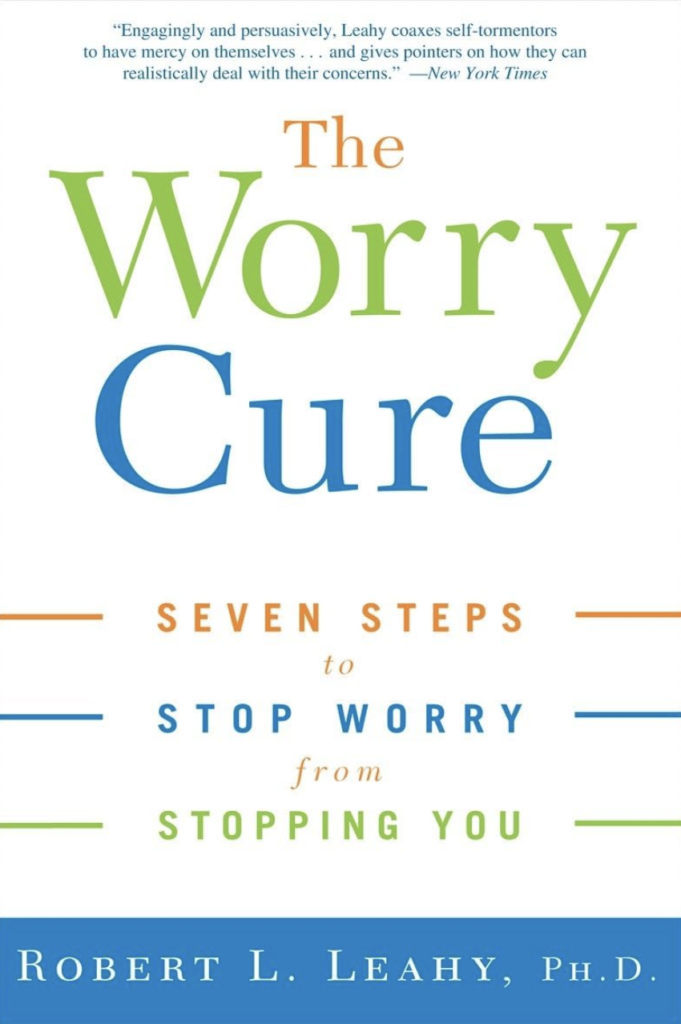By: Ashley Johnson, Social Work Intern
– Thich Nhat Hanh
Have you ever experienced those feelings of dread and fear leading up to a big event? Maybe before going on a date, starting a new job, having to present a project, or entering a new space or community?As a student and a social work intern, I often encounter anxiety leading up to important assignments, tests, and new and important experiences that affect my future. This is called anticipatory anxiety. To define anticipatory anxiety, it is excessive worry or fear about an upcoming event. When this happens, the mind can become tangled in a never-ending cycle of “what ifs”, and a person might find themself spinning tales of worst-case scenarios that may never even occur. Feeling nervous or anxious before an important event is normal, but it can become problematic when these feelings start interfering with daily life.Feeling anxious about the future is not a sign of weakness or irrationality. Our brains are naturally wired to foresee and prepare for the future. However, at times, our thoughts can run rampant, leading us into a cycle of worry or even panic.Starting my internship at Metro NY DBT Center, I was able to learn about ways to combat anticipatory anxiety through the use of DBT skills. Practicing mindfulness has proven to be highly effective in managing anticipatory anxiety. By centering your attention on the present, concerns and worries about the future often lose their hold, promoting a sense of stability and
calmness.There are a variety of ways to do this. In DBT, we practice mindfulness through many different types of activities to ground ourselves before a session. We engage in breathing techniques, activities that utilize our 5 senses, and exercises that activate different parts of our body. These activities generally prompt us to bring our attention to the present moment and how we are interacting with the present moment.
To name a few of my favorite mindfulness activities, I enjoy box breathing exercises and progressive muscle relaxation. I often search for guided meditation videos that walk through each exercise as a way to have a more structured practice when feeling dysregulated. I encourage readers to explore the work of Jon Kabat-Zinn and Thich Nhat Hanh; two very influential people in the world of mindfulness.
In the DBT mindfulness module, there are two main sets of skills; the Mindfulness What Skills that tell us what to do to practice mindfulness, and the Mindfulness How Skills that tell us how to practice mindfulness. To practice mindfulness, we must observe, describe, and participate while being non-judgmental, one-mindful, and effective.
By practicing observing without judgment, individuals can recognize anxious thoughts and physical sensations as they arise, without becoming overwhelmed by them. Describing these experiences allows for a clearer understanding of the anticipatory anxiety, reducing its power over one’s emotions. Actively participating in the present moment helps to redirect attention away from future worries, promoting a sense of calmness and control. Non-judgmental acceptance of anticipatory anxiety encourages self-compassion and reduces the urge to engage in self-critical thoughts. Focusing one’s mind on singular tasks or activities through one-mindfulness decreases rumination about future events, and choosing effective coping strategies enables individuals to respond to anticipatory stress in ways that promote well-being.
There are a number of DBT Skills that are beneficial when experiencing anticipatory anxiety. Mindfulness is the foundation for all other skills taught in DBT, which is why I chose to highlight this set of skills. Through consistent practice of mindfulness, individuals can develop resilience in the face of anticipatory anxiety, leading to increased emotional regulation and an overall improvement in quality of life.
WORDS OF WISDOM
MEME OF THE WEEK

BOOK OF THE WEEK
(Click below to Purchase Book)
MENU

Raspberry Honey Sweet Rolls, Pomodoro Pepperoni Pizza Strawberry Pink Drink
CONTRIBUTE


